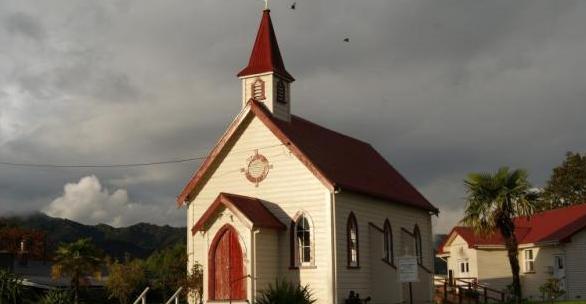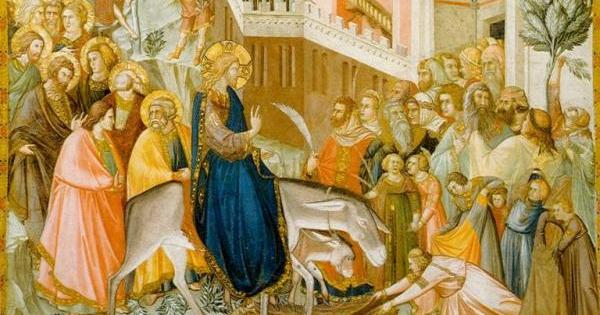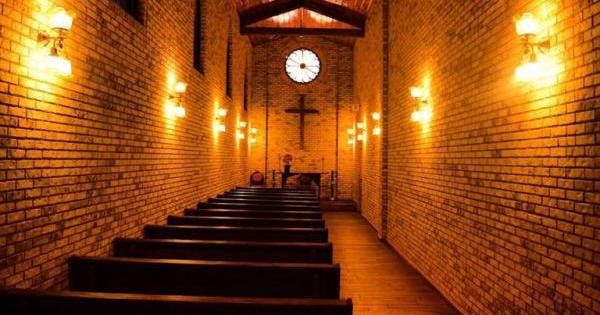On the eve of Thanksgiving, I thought it a good time to pick up my copy of Joshua Jipp’s recently released book, Saved By Faith and Hospitality (Eerdmans, 2017).
![Jacopo Bassano [Public domain], via Wikimedia Commons](https://wp-media.patheos.com/blogs/sites/503/2017/11/Jacopo_Bassano_Last_Supper_1542-e1511384971256.jpeg)
Jipp’s thesis is bold, clear, and timely in terms of applicability for the church’s witness in this present social and political climate. As he puts it,
The God of the Christian Scriptures is a God of hospitality, a God who extends hospitality to his people and who requires that his people embody hospitality to others. Stated simply, God’s hospitality to us is the basis of our hospitality to one another.
The church, then, should understand itself on the basis of God’s hospitality–a posture of welcome, embrace, and open table fellowship with all people–but especially the vulnerable, marginalized, and “stigmatized” of society.
When hospitality takes place, strangers become guests. The invited “other” becomes a friend and a mutual transformation takes place between both host and guest. Hospitality thereby overcomes alienation and distance by bringing strangers together and breaking down barriers of division.
Jipp shows that hospitality is an important theme throughout Scripture and takes a central role in the ministry and life of Jesus and in the practices of the early missionary church in Luke-Acts. It’s very often expressed through the sharing of a meal. Jesus announces that he came to show divine hospitality to the marginalized, disempowered, estranged, and stigmatized of society, and to “proclaim the year of the Lord’s welcome” (Luke 4:18-19, Jipp’s translation).
He also points us to an early non-canonical letter (1 Clement) which pairs “faith and hospitality” as both components of God’s favor on Abraham. Thus Abraham (and other Hebrew Bible figures) was saved by faith and hospitality.
Jipp’s biblical expositions are accompanied with theological reflections and meditations and are also made personal by his own experiences of encountering the “other.”
Although his expertise is as a New Testament scholar and that’s the thrust of his work here, Jipp also engages biblical exposition of the divine hospitality theme with contemporary issues like immigration and the refugee crisis, the structural sin of mass incarceration, and other manifestations of social stigma.
The most profound insights I’ve gained so far in the volume are (1) the extent to which divine hospitality is a consistent theme throughout the Scriptures (and the Bible is a great book for foodies!); and (2) the notion, developed in chapter 1, that the church is called to be a community of outcasts, a “stigmatized community.”
A question I have going forward is whether–or how–hospitality as a key theological theme and motivator for Christian mission might avoid the tendency to slide into a kind of paternalism or power dynamic which elevates the “host” over the “guest.” Furthermore, hospitality can be employed with less than pure motives–I might try to bring the unsuspecting “other” into my home in order to transform them in accordance with my own desires; I might use generosity (even unintentionally) as an persuasive tactic to conform them to my own ideals.
So far, Jipp’s argument moves very much in a different direction from that tendency–and instead seems to view hospitality as an opportunity for mutual transformation (host and guest are equals and friends) and for the transformation of the church by engaging the other with authenticity, openness, respect, and vulnerability.
On the occasion of the eve of Thanksgiving, as we anticipate being either hosts or guest (or some combination thereof) and sharing in a meal of communion, I commend Jipp’s book to you.











